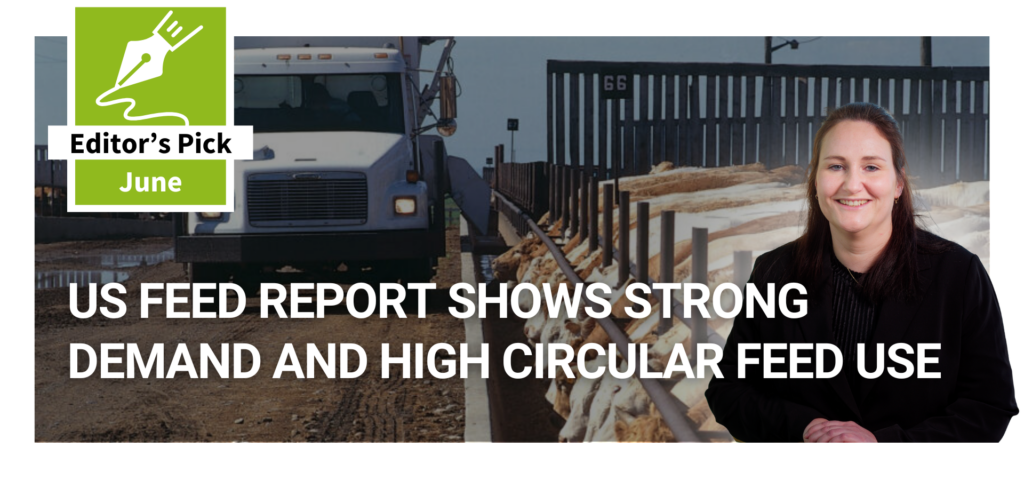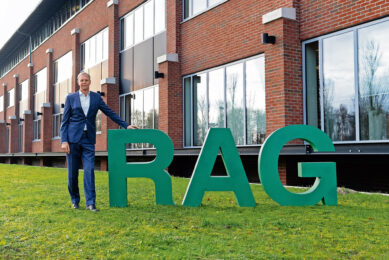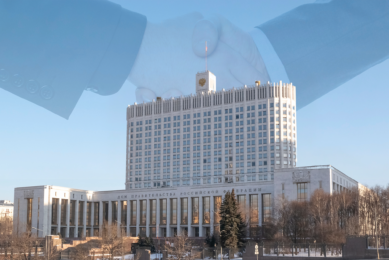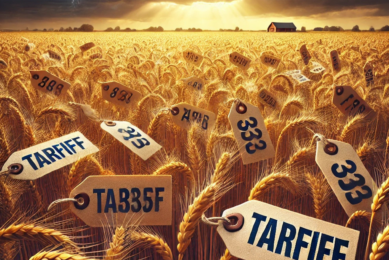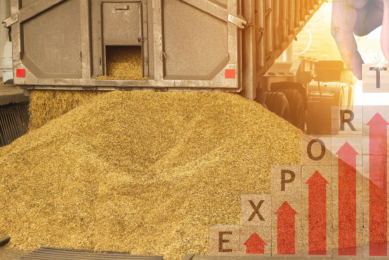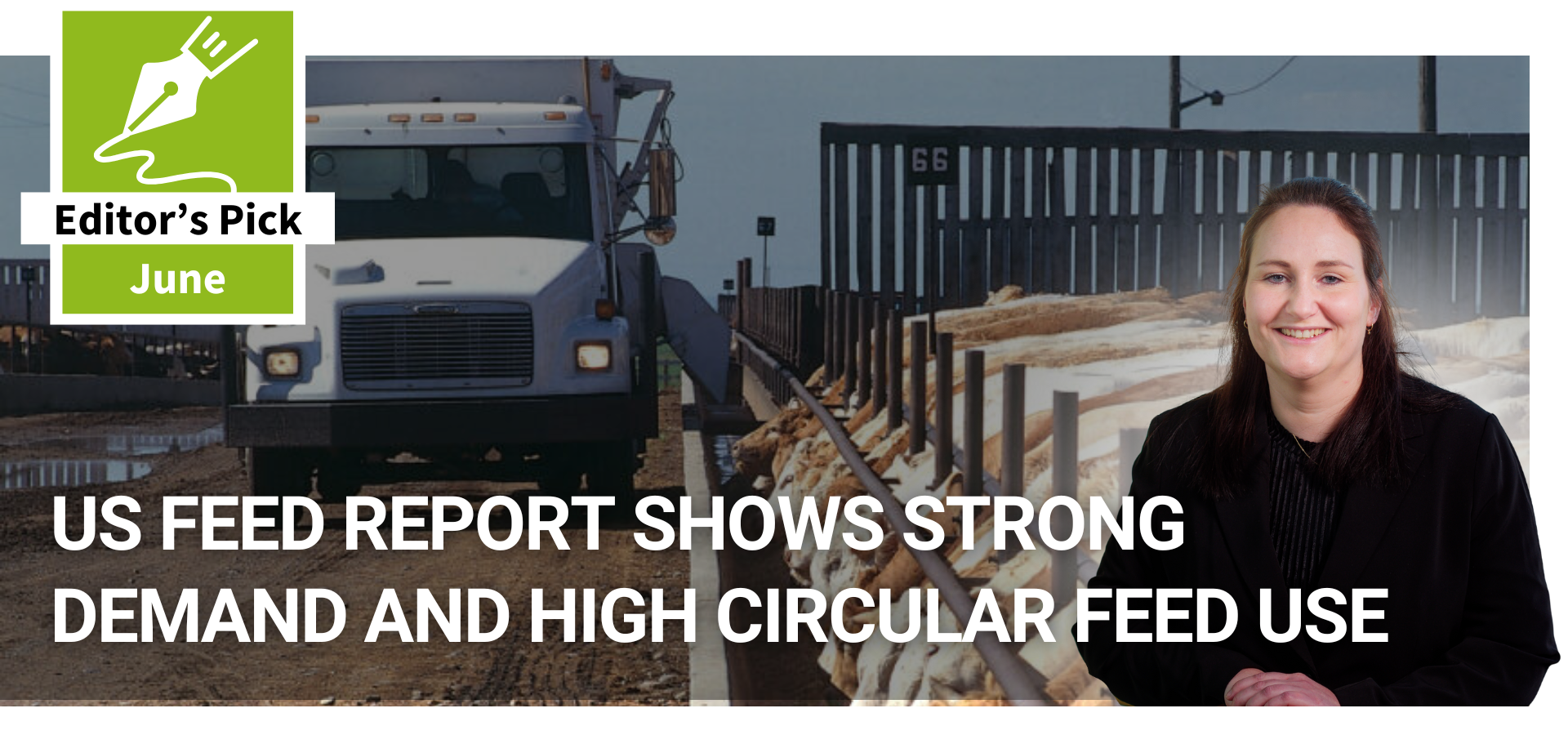Seed shortage pushes Russian grain farmers closer to bankruptcy
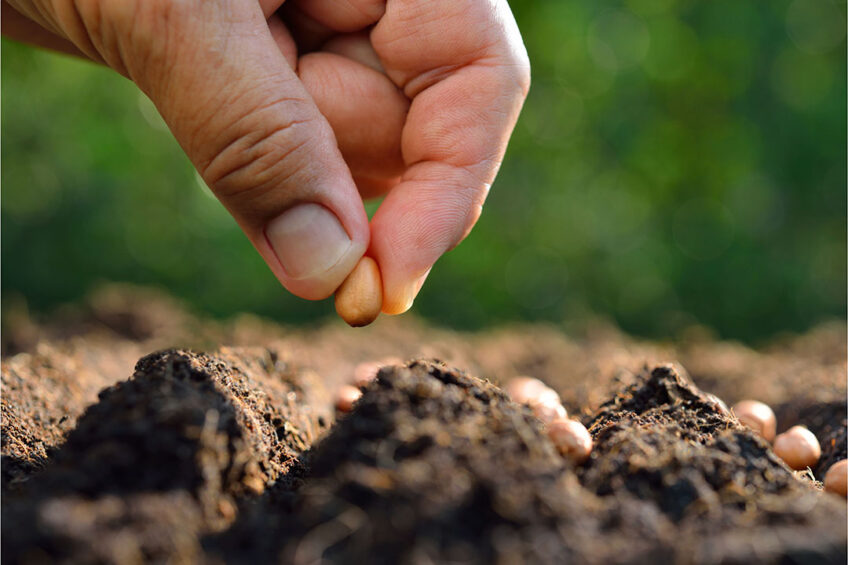
A surge in operation costs could drive many Russian grain farmers into bankruptcy in the current season, Arkady Zlochevsky, president of the Russian Grain Union has said during a press conference in Moscow.
The key concerns are associated with seed prices, which have spiked as the government capped imports from Western countries.
The Russian government has imposed import quotas on seeds from countries deemed unfriendly at the end of January. Under the new rules, Russian farmers are allowed to import 33,100 tonnes of seeds through December 31, 2024. Import quota on corn seeds is set at 5,000 tonnes, barley at 600 tonnes, while quotas on wheat and soybean seeds at zero.
In 2023, Russia imported 57,700 tonnes of seeds, a lion’s share of which was delivered from Western countries.
Seed imports in turmoil
The existing quotas have been distributed among Russian grain farmers, though Zlochevsky described the division as “unfair.” He revealed that farmers with no experience dealing with government agencies failed to secure the necessary quotas to keep their operations running smoothly.
As a result, large stocks of seeds have accumulated at the Russian customs warehouses, Zlochevsky said. The batches ordered before the government implemented the import quotas should be either returned to the sender or destroyed.
Price turbulence
Import quotas triggered a price hike in the Russian market. Compared with the previous year, the average price of seeds nearly doubled, according to Zlochevsky. The cost of fuel and plant-protecting agents has recently subsided, but this only partly compensated for farmers’ losses due to the jump in seed prices.
Import-replacement is realistic
Zlochevsky said that switching Russian production to domestic seeds in general is the right move. He, however, warned against using import restrictions as an impetus for the development of domestic seed production.
First, you need to establish a special regime for the development of domestic seeds so that our breeders can get competitive genetics. It is a realistic goal, though it will take time
Arkady Zlochevsky, president of the Russian Grain Union
Dwindling profitability
Alexander Korbut, an independent grain market analyst, told local publication Agroinvestor that the average profitability in Russian agriculture has been seen falling for the third year in a row. While contract prices are fixed at the 2020 level, operational costs are rising across the board. The Russian grain industry’s poor financial health hampers investments.
The Russian government provides substantial state aid, but it is insufficient to secure long-term industry development alone, Korbut claimed.



